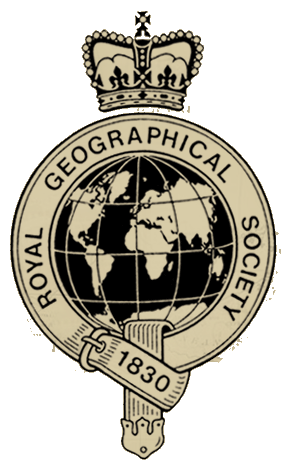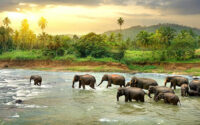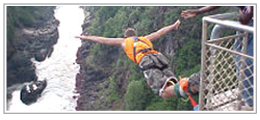
I am often asked about the Royal Geographical Society. It is an old British Royal Society based in London that I am a very proud “Fellow” of and attend meetings in the UK whenever I can. I have the priviledge of being granted the use of the post nominal letters FRGS after my name if I choose. FRGS stands for Fellow of the Royal Geographical Society. The following is a brief history of the Society and some of its more famous members and explorers.
The Geographical Society of London was founded in 1830 as an institution to promote the advancement of geographical science. Like many learned societies at the time of enlightenment, it started as a dining club in London, where select members held informal dinner debates on current scientific issues and ideas. Under the patronage of King William IV, it later became known as The Royal Geographical Society and was granted its Royal Charter under Queen Victoria in 1859. In 1912, the Society moved to its current location, Lowther Lodge. The Society’s purpose remains the same today as when it was first founded, namely the ‘advancement of geographical science’. However, the manner in which that is done has expanded greatly over the years, while still continuing to include publishing, the support of field research and expeditions, lectures and conferences, and its collections.
The history of the Society was closely allied for many of its earlier years with ‘colonial’ exploration in Africa, the Indian subcontinent, the polar regions, and central Asia especially.
It enshrines such famous names as Charles Darwin, David Livingstone, Henry Morton Stanley, Ernest Shackleton and Edmund Hillary.
The Society also devoted much attention to education and was responsible for both the incorporation of the study of geography in schools at the turn of the 20th century and for the first university positions in the discipline.
With the advent of a more systematic study of geography, the Institute of British Geographers was formed in the 1933, by some Society fellows, as a sister body to the Society.
The RGS and IBG co-existed for 60 years until, after several years of discussion, they merged in January 1995 to create the new Royal Geographical Society (with the Institute of British Geographers).
Today, with 15,000 members, the Society is the largest and most active of the scholarly geographical societies. It advances geography through supporting geographical research, education and outdoor learning, public engagement and policy.






That’s pretty cool about the RGS. I will check out their website. I live in the UK now and am interested in travel and geography. Thanks.
Be careful with the drunken brit comments. You mention that phrase quite regularly (see Ghana blog for example). Some, like me find it offensive. You never know who reads this website.
Hi Mike, if you read my site regularly then you’d know how much I love the British people and any time I poke fun it’s in a joking manner and certainly not serious. No offense was meant nor should be taken. I lived and did Uni in the UK for a while and have many friends there and look forward to watching the WC game in the pubs of London. Take care.
Ok Lee, Fair play.Good luck on your Africa trip. We have met by the way.
Mike
Does the RGS have a flag, carried by various explorers.